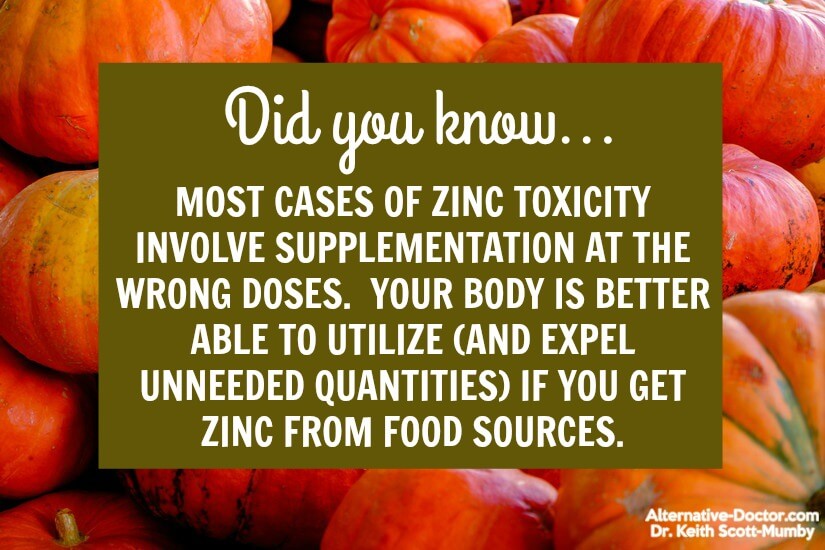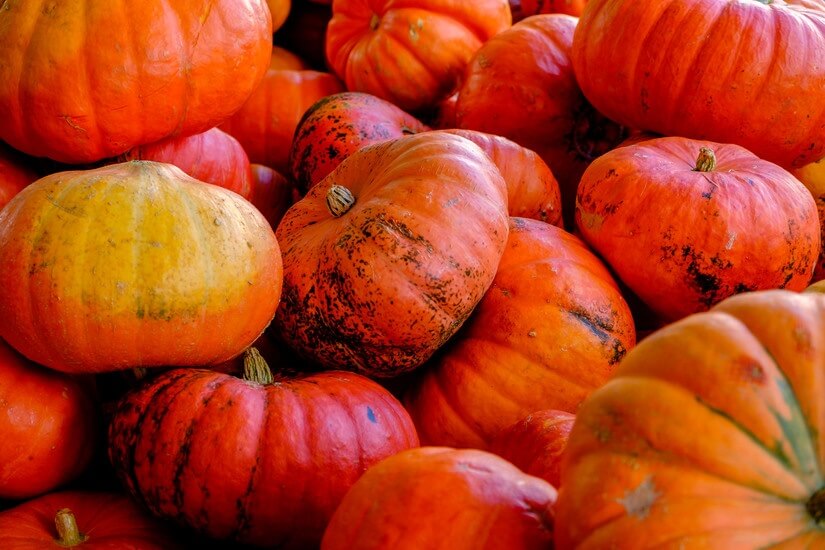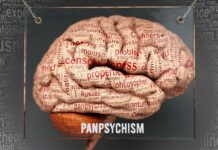According to the World Health Organization (WHO), zinc deficiency affects more than 30% (almost 2 billion people) of the global population. In fact, they name it as the 5th major contributing factor to many diseases in underdeveloped countries.
Death due to diarrhea, pneumonia, and malaria affect hundreds of thousands worldwide annually due to not getting enough zinc in the diet.
Every part of your body needs it. That’s why it’s called an “essential” element.
In developed countries, statistics prove that we aren’t really thinking much about our nutrition and overall health. With access to clean water, safer living conditions, and markets providing every type of food available, most people tend to think they’re getting everything they need.
Yet our astronomical rates of obesity, heart disease, diabetes, and cancer prove that while we might have access to the best foods available, we aren’t necessarily eating (or absorbing) them.
Your body needs the benefits of zinc.
This mineral plays a role in many life functions such as immunity, cellular health, synthesis of your DNA, endocrine system health, skeletal and muscular systems, wound healing, and vision.
Making sure that children receive enough dietary zinc is crucial to their growth and development (mental and physical). It also protects their immune system against infection that leads to digestive and respiratory distress. It is so pivotal to development that pregnant and nursing mothers are encouraged to ensure they get enough to protect their babies.
It is a key requirement for sexual development and function as well (there are high levels of zinc in the prostate gland and semen of males). Low sperm count is a common side effect of not getting enough zinc in the diet and may lead to infertility in adulthood.
The older you get, the more you need it. Not getting enough zinc has been linked to losing your sense of taste, baldness, age-related macular deterioration and night vision loss, and chronic skin problems. It helps preserve skin tone and texture to fight the signs of aging.
Supplements aren’t able to provide the zinc you need nearly as effectively as food. Your body uses all the zinc you eat but very little of the zinc found in a pill.

Here is a quick list of the foods that provide the benefits of zinc…
- Grass-fed beef, free-range chicken, and organic pork
- Beans (kidney, lentils, and mung beans in particular)
- Nuts (cashews have the most)
- Pumpkin, squash, flax, and sesame seeds
- Spinach
- Seafood (especially oysters, shrimp, and salmon)
- Greek yogurt
- Cacao (foods with 70% or higher are best)
- Garlic
- Eggs (the yolk contains the zinc)
- Peas
- Mushrooms (especially the white button variety)
There are many ways to incorporate enough zinc into your diet. You can start upping your own intake today with readily available and inexpensive food sources. You know my feeling on grain consumption and studies have shown that grains lower your body’s ability to absorb zinc. On a positive note, red wine increases your absorption!
5 Signs You Need More Zinc Benefits
- Compromised immune system function. You need this element to keep your blood healthy (and producing the blood cells to fight disease). It also encourages apoptosis (damaged cell suicide) and protects your cellular membranes. These traits also promote better wound healing.
- Allergen sensitivity. If you are under the strain of chronic stress, it can lead to a deficiency in zinc that causes a chain reaction in your body. It changes how your body produces, stores, and releases histamine. Adults who suddenly find themselves sensitive to food and environmental allergens that never bothered them before may need to increase their intake of zinc.
- Leaky gut syndrome. I’ve talked about this syndrome often over the years. Zinc deficiency can lead to a whole list of issues like metabolic disorder, chronic skin problems, and autoimmune disease. Read more information about leaky gut syndrome here.
- Decrease in brain cognition. The benefits of zinc are most evident in neurological growth and development. Intellectual and behavioral issues in young people have been connected to poor zinc availability in their diet. Children who received more zinc as part of a healthy diet showed 50% better attention during lessons.
- Signs of rapid aging. Sagging skin, premature balding, and sexual dysfunction (such as erectile dysfunction) could mean that you need to increase your intake of zinc. The element protects cell membranes and not getting enough robs “non-essential functions” before moving on to essential functions such as your primary organs.
You need to get enough zinc and getting it through foods limits your risk of getting too much. Most cases of zinc toxicity involve supplementation at the wrong doses. Your body is better able to utilize (and expel unneeded quantities) if you get your zinc benefits from food sources.
Eating a variety of whole foods feeds your cells all the vitamins, minerals, and elements you require. They give your body the tools it needs to fight disease, prevent deterioration of your tissues, and keep you strong into oldest age.
Diet is the key (as always) to keeping you safe.




